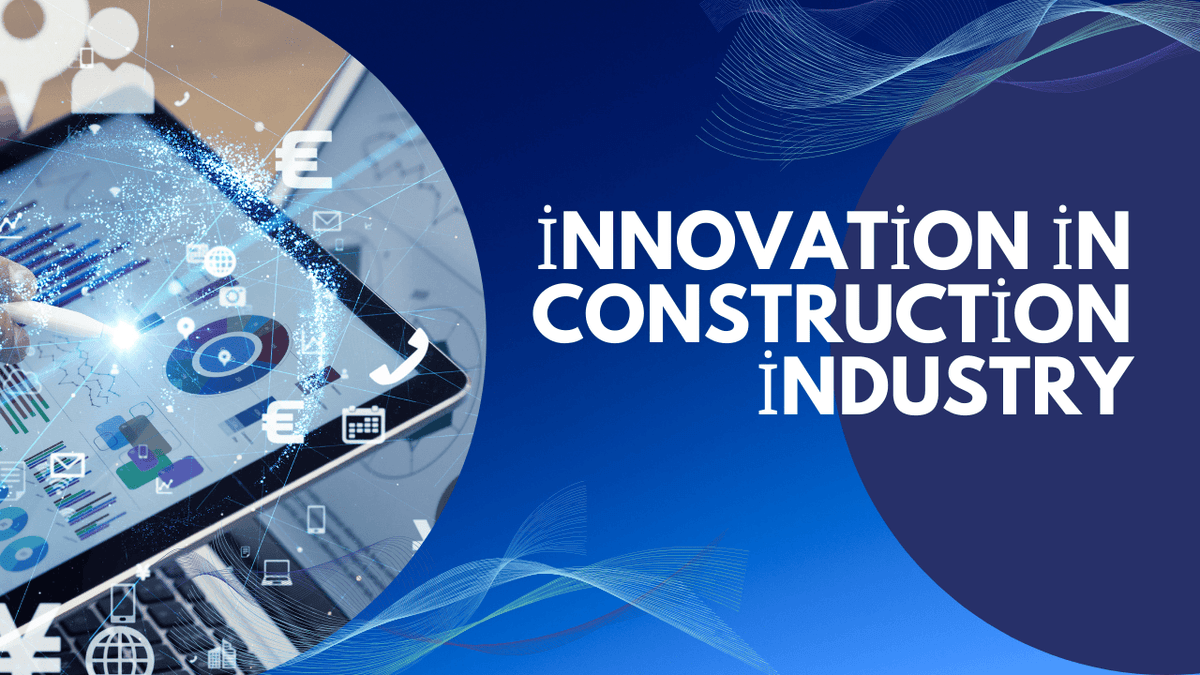The Future of Construction: 6 Trends Shaping the Industry in 2024
In 2024, the construction industry is transforming with cutting-edge technology and workforce shifts. Six key trends are driving efficiency and sustainability, setting the stage for the future. These innovations are reshaping the sector, making it smarter and greener. Let’s dive into the trends revolutionizing construction and paving the way for a more sustainable future.
by Amelia Grant
|
State of Construction 2024: Trends and Challenges
In 2024, the construction industry is undergoing major changes. With new technological advancements, changes in the workforce, and an increasing focus on sustainable construction, companies are adapting to survive. Those that embrace these changes will thrive, while those that don’t may fall behind.
- The Current Landscape of the Construction Industry The construction business remains a key part of global economic growth. Big projects like infrastructure development and renewable energy rely on federal funds and private investments. However, challenges like labor shortages, rising construction costs, and supply chain issues persist. Companies that adopt new technologies and eco-friendly practices will have an edge.
- Modular & Prefabricated Construction Builders and contractors are turning to cost-effective solutions like modular and prefabricated construction. By assembling parts off-site, these methods save time, cut costs, and improve green building standards. They also help companies manage labor shortages by streamlining the construction process.
- Workforce Dynamics in Modern Construction The workforce is evolving, with a greater reliance on technology to overcome the shortage of skilled labor.
- Collaboration Technology: Construction workers and project managers are using apps and software to stay connected. Teams can now update schedules and share documents instantly.
- Labor Shortages & Safety: The shortage of skilled labor remains a challenge. Companies are investing in training and offering better wages. Construction equipment with safety features are necessary, such as wearables, ensures workers are safe on-site.
- Sustainable Construction & Green Building Practices Sustainable construction is more important than ever in 2024, driven by green building regulations and consumer demand. Companies are now using eco-friendly materials and renewable energy sources to lower their environmental impact. Building materials like recycled steel and energy-efficient systems are making construction more sustainable and reducing long-term costs.
- Challenges and Solutions in 2024 The industry faces several challenges, but also opportunities to innovate.
- Supply Chain Issues: Disruptions in the supply chain are pushing companies to look for new ways to source building materials. Modular construction offers a solution by reducing dependency on traditional materials.
- Labor Shortages: The shortage of skilled workers continues to challenge the industry, but automation and virtual reality (VR) and augmented reality (AR) are helping bridge the gap. These tools improve worker training and enhance safety.
- Regulatory Hurdles: Stricter rules and codes demand more innovation from companies to meet standards and stay competitive in a changing market.
- Technological Advancements Reshaping Construction The construction industry trends in 2024 highlight the impact of technology:
- Automation and Robotics: Robots are being used to handle repetitive tasks, while drones assist with construction projects like site surveys.
- 3D Printing: 3D printing is making it easier and more affordable to construct complex structures while reducing construction costs.
- Virtual Reality (VR) and Augmented Reality (AR): These technologies are transforming the way workers train, design, and manage construction projects. Building Information Modeling (BIM), in combination with VR/AR, helps visualize and manage projects more efficiently.
How to Get Started
If you’re in construction, adopting new technology can help improve your business. Start small by updating your apps and website. It’s affordable and could make a big difference in how you operate. Why not start today?